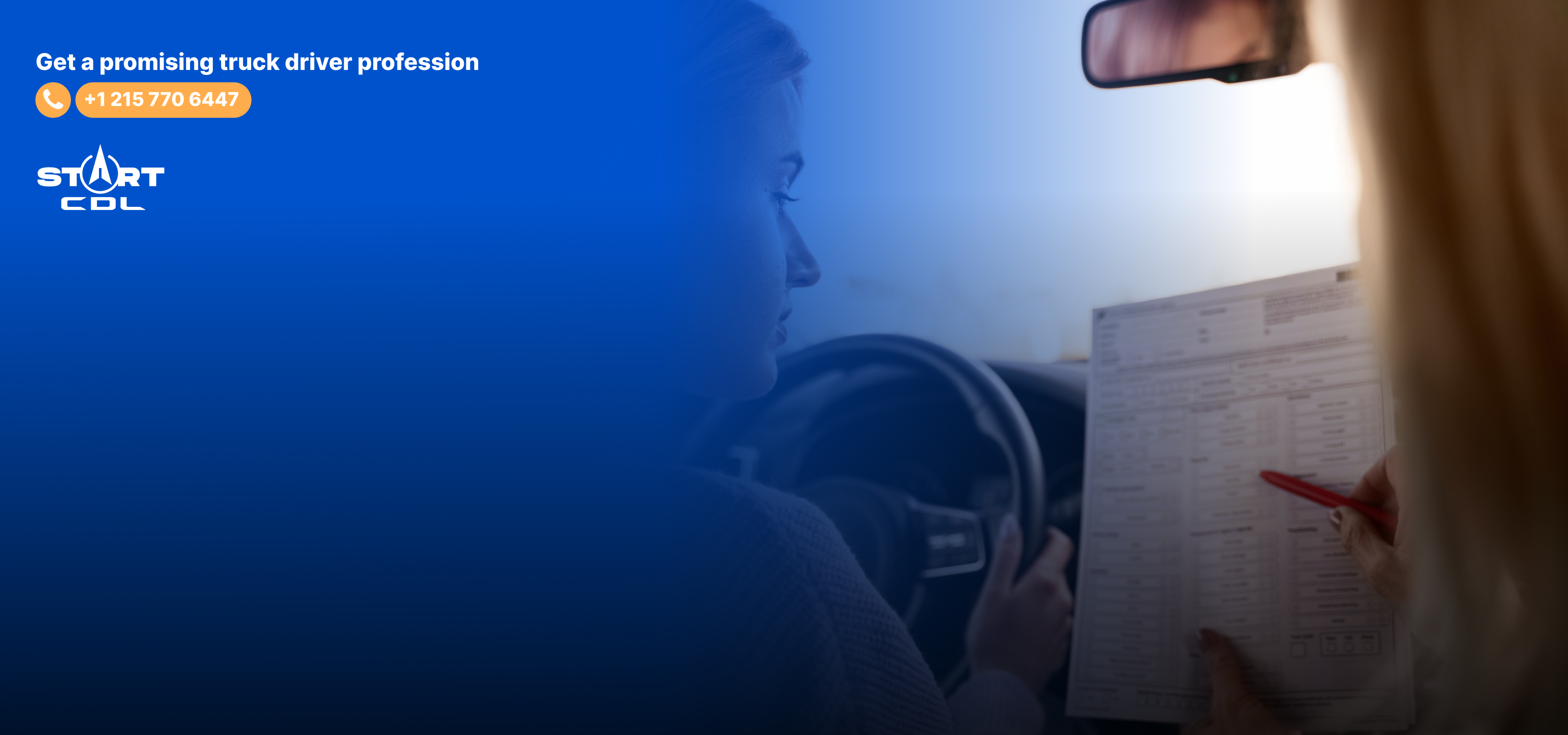

Safety doesn’t cost a thing, but it’s worth everything — trucking carriers know this too well. As a truck driver or carrier, feeling safe is one thing, but your Compliance, Safety, and Accountability (CSA) score tells the real story. Are you aware of your CSA rating, by the way?
So, what is a CSA score exactly? It’s a safety measurement system that The Federal Motor Carrier Safety Administration (FMCSA) utilized for the purpose of spotting drivers and carriers with risky on-the-road behavior patterns. Never ignore or misunderstand your score, otherwise it may leave you stressed, frustrated, and even fired.
Is the CSA score for drivers? Only partially. These scores are tied to the carrier, not the individual driver, and linked to the carrier’s DOT number. The idea is to hold the company accountable for safety rule violations. However, CSA investigations can still uncover drivers with bad safety habits, and those drivers may face consequences too.
We are here to let you in on how to check your CSA scores, cover the main categories that make up these scores, as well as explain how to generally stay on the safe side. You’ll finish reading this post knowing exactly what’s expected of you and how to improve your CSA points. Now that we’ve touched upon the CSA score meaning, let’s get further enlightenment going!
How to Check Your CSA Score: Quick Guide
You can check your CSA score anytime on the monthly updated FMCSA’s SMS website — that’s the answer to your “How to check my CSA score for free?,” by the way. All you need is your DOT number and pin to access the full details. If your score goes over the safety limit, you’ll see “ALERTS,” which can trigger an FMCSA audit.
You need your DOT PIN to view percentage scores and ALERTS because this info isn’t public — only raw data is available. You’ll find your PIN on the top left of the FMCSA’s “New Entrant Audit” letter. If you’ve got that letter, make sure to keep the PIN safe. If you’re driving under your carrier’s DOT, your CSA score and any issues will show up under their DOT.
7 BASICs That Make up Your CSA Score
BASICs, or Behavior Analysis and Safety Improvement Categories, is what builds your driver CSA score. These scores are based on crash reports and roadside inspections gathered by the FMCSA SMS. It takes into account things like how recent an event was (only the past 24 months matter), how bad the crash was, and your yearly mileage.
The seven BASICs are as follows:
● Crash Indicator. How often crashes happen and how serious they are.
● Drugs & Alcohol. Getting caught under the influence during work hours.
● Driver Fitness. When a driver isn’t qualified or lacks a CDL.
● Hazardous Materials Compliance. Mishandling dangerous goods, e.g. leaking containers or missing labels.
● HOS Compliance. Driving while tired or not keeping duty records for six months.
● Vehicle Maintenance. Not taking care of the truck, e.g. faulty lights, brakes, or loose cargo.
● Unsafe Driving. Going over the speed limit, making risky lane changes, or neglecting buckling up.
A good CSA trucking score is one that’s near 0: that’s when you can enjoy fewer DOT audits, lower insurance rates, and attract more clients who trust you deeply as a safe carrier.
As for a bad CSA score, it starts at 50 or above. If you hit 65% or higher in areas like Crash Indicator, HOS Compliance, or Unsafe Driving, an FMCSA investigation usually takes place. This threshold drops to 50% for drivers who transport passengers or hazardous materials. A score of 80% in other BASICs also leads to an investigation.
Calculating CSA Scores: Factors That Affect Your CSA Trucking Rating
Though CSA scores for trucking carriers are private, some safety info is public, which helps customers decide who to trust. A high CSA score may cause clients to look elsewhere, fearing their freight could be at risk.
Let’s cover the perks of a low CSA score:
● You get better clients and freight lanes.
● Charge more for your services.
● Avoid audits and penalties.
The dangers of a high CSA score are as follows:
● More DOT audits, checking everything from files to vehicle inspections.
● Heavy fines and possible shutdowns for serious issues.
● Increased intervention like warning letters or even out-of-service orders.
Shippers can check a carrier’s CSA score, which impacts:
● Revenue. Good scores mean more jobs.
● Recruitment. Hard to keep drivers when jobs and pay drop.
● Insurance. Higher CSA scores often lead to costly insurance premiums.
Although truckers don’t get their own CSA scores, their driving decisions can still impact their company’s safety score. If a driver’s choices cause accidents or violations, the company may face severe consequences. Employers may take action if drivers’ habits result in crashes or DOT issues.
Top Violations That Put Your CSA Score at Risk
What elevates (read as: violates) my CSA score? If you’re asking yourself this question, we’ve provided the top 10 must-avoid violations below:
● Speeding.
● Skipping the seatbelt.
● Tires in poor condition.
● Cracked or stained windshields.
● Broken lights.
● DUI or carrying alcohol.
● Breaking hours-of-service rules.
● Driving without a CDL.
● Failing to secure your load.
● Lane restriction violations.
Improving Your CSA Score: Tips and Best Practices for Carriers
Your CSA score matters, and if it’s higher than you’d like, here are some ways to fix it:
● Prioritize Safety. Create a safety-first culture with rewards for good driving and discipline for violations.
● Hire Smart. Screen new drivers carefully and provide training to set them up for success.
● Use Reliable ELDs. Not all electronic logging devices are equal. Choose ones that maintain accurate data even in poor signal areas.
● Ban Aggressive Driving. Stress that dangerous driving behaviors won’t be tolerated.
Monitor your CSA score regularly to make sure that your company remains safe and meets its goals.
Conclusion: Your CSA Score Is an Investment That Pays Off
At the end of the day, keeping a strong CSA score is a worthy investment in both the future of your fleet and the well-being of your drivers. When you truly understand the importance of your CSA meaning trucking, you quickly learn how to stay proactive, and foster safe driving habits. This, in its turn, helps you save money and keep everyone safer on the road.
Related Articles
10 years of experience
and
10000+ graduated
students with CDL
Feel free to ask
us any questions about
getting a CDL in the USA


 @startcdl
@startcdl
 +1 (224) 520-3169
+1 (224) 520-3169






